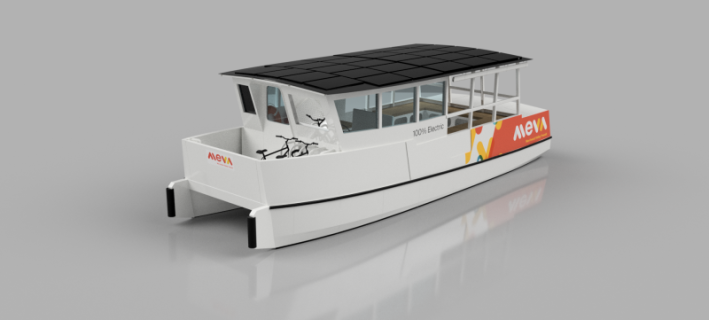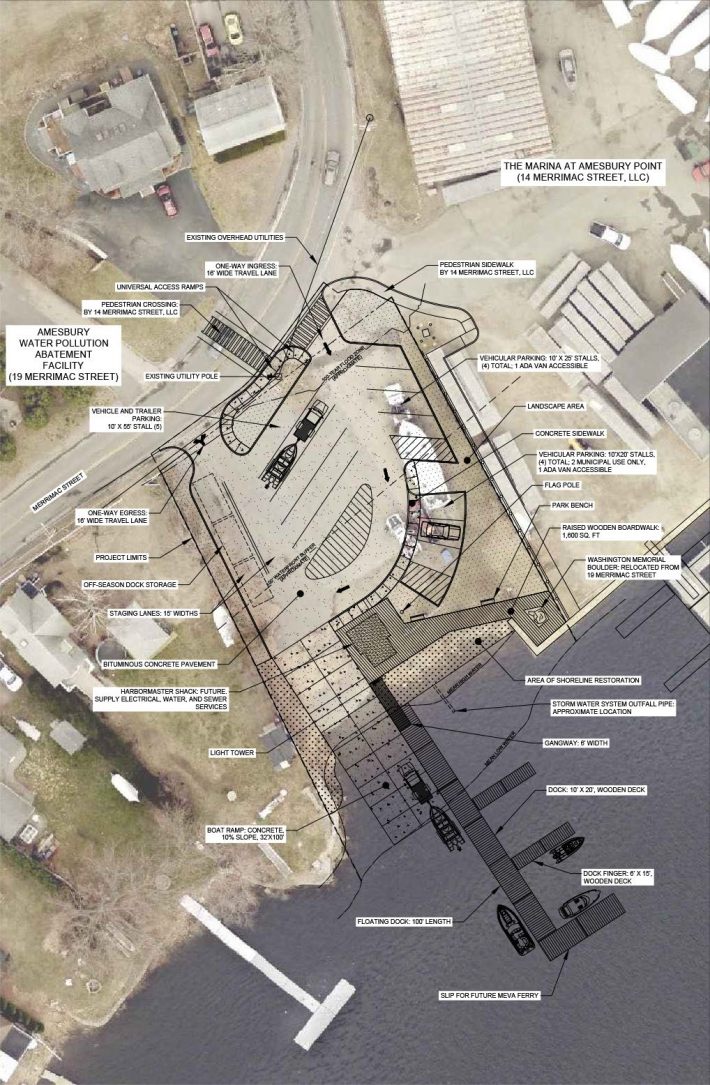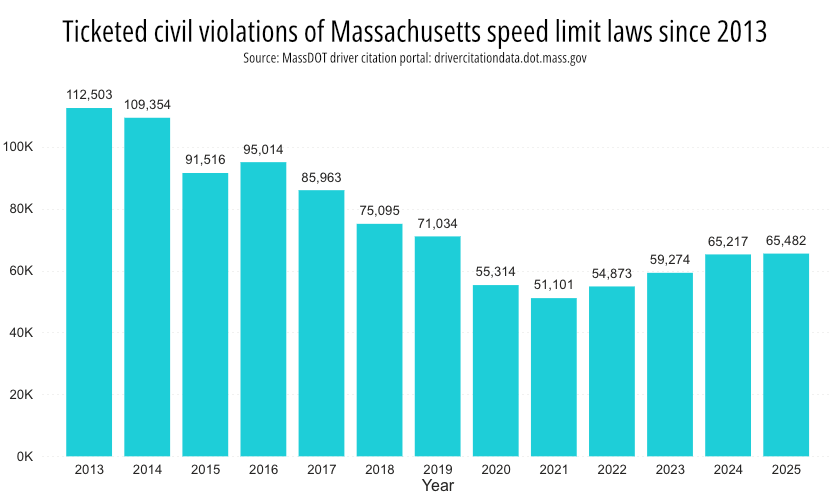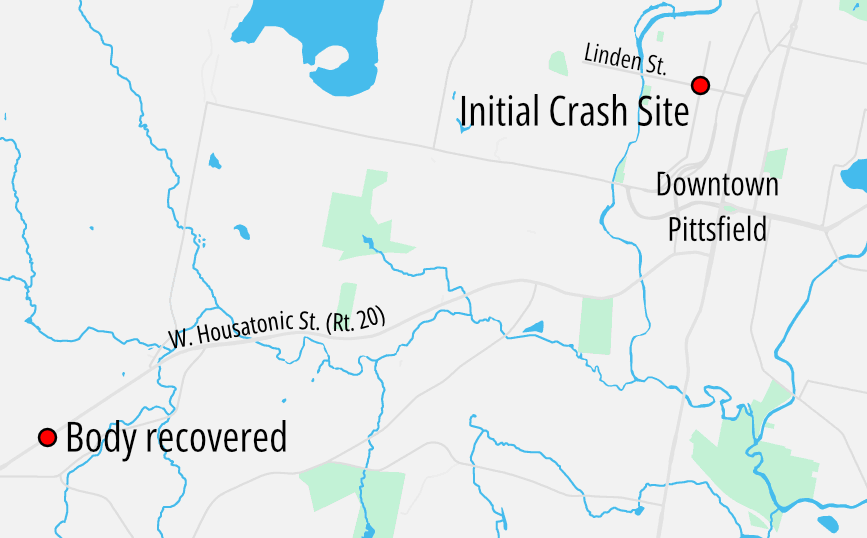On the Merrimack River, ferries are returning to the scene. Merrimack Valley Transit (MeVa) will be implementing solar-powered ferry service connecting Haverhill, Amesbury, and Newburyport in 2026.
Back in 2023, MeVa won a $4.2 million federal grant to “support passenger ferry service and upgrade infrastructure on the waters of our Commonwealth so that it’s smooth-sailing for our riders,” per a press release from Senator Ed Markey.
The original idea was to facilitate at least two electric ferries for seasonal commuter and leisure service, but MeVa was able to negotiate for an extra boat, additional batteries, and a back-up propulsion system, all within budget.
This update comes off the heels of the MBTA’s announcement that it will be conducting a 12-month study on expanding its ferry service along the Commonwealth’s coast.
In a competitive bidding process in collaboration with the Merrimack Valley Planning Commission (MVPC), MeVa ultimately selected boat building company Lyman-Morse of Thomaston, Maine to design and build three aluminum-hulled ferries that will be operational by next summer to the tune of $3 million dollars.
Environmentally, accessibility-friendly design
The design of the boats features seating for 18-22 passengers and crew, and space for two bicycles or scooters. The project will have all hands on deck, with Lyman-Morse collaborating with William Lincoln of Response Marine in Newburyport to develop this design, while Vita Power of Southampton, England is providing the solar equipment.
The boats will be 33 feet long with a double pontoon catamaran design, with two electric motors of 150 horsepower, allowing the boats to hit a speed of 10-12 knots, or 11.5-13.8 mph.

Accessibility and reliability will be key drivers of the ferry system. The boats will run on the electric motor, and the solar panels will be on standby as a secondary resource (though a single charge will last the entire trip from Haverhill to Newburyport).
At the docks, charging stations will have a fast charger that can recharge batteries between trips, and the decks will be flush to allow for wheelchair-friendly boarding.
Ferries launching as early as next year
The proposed schedule as of now will consist of up to three routes. The specifics, however, are yet to be determined, as the boats will be “designed and built in parallel to the development of a business plan being developed by MVPC,” according to Berger.
In theory, Berger said the idea is that “one or two” boats would depart Haverhill towards Newburyport via Amesbury in the morning passing Groveland, Merrimac, Salisbury, and West Newbury, with return trips in the late afternoon into evening.
Shorter trips between Amesbury and Newburyport would take place throughout the day.
MeVa may consider increased service to and from Haverhill if there is demand.
At 12 knots, the trip between Newburyport and Haverhill will take roughly 75-80 minutes, and the trip between Amesbury and Newburyport will land at around 20 minutes.
To ensure seamless sailing and connectivity, the docks in all three towns are being outfitted to receive the ferries, and MeVa is evaluating how to integrate bus schedules with the timing of the ferries.
The Haverhill and Newburyport docks are projected to be in the downtown areas of their respective cities, where the Yankee Clipper boat tours currently operate out of.
Amesbury received a $840,000 dollar grant as part of the Supportive Coastal Infrastructure and Local Maritime Economic Development Planning grants program to develop their municipal dock at Washington Landing, which they are using to restore the Washington Landing Maritime Support Facility by replacing the boat ramp, adding more boardwalk to support accessing the boat ramp, improving the parking area, restoring the living shoreline to protect it from erosion, and of course, facilitating the MeVa ferry service.

Between boat design and development, dock preparations, and schedule planning, there are many levers in play to get this ferry service up and running. But MeVa and the Merrimack River communities are ready to move forward – according to the project timeline, one boat will be ready for demonstration trips next summer, with full service on all three vessels not far behind with eyes on launching in 2027.





